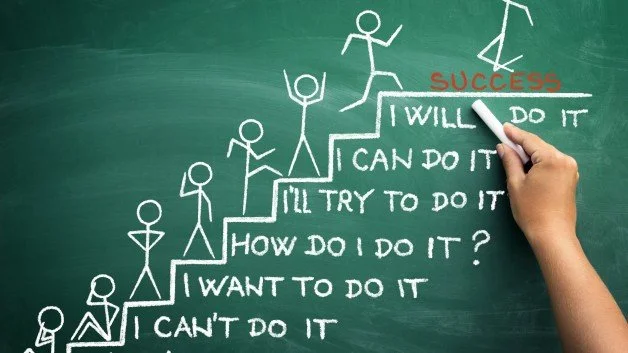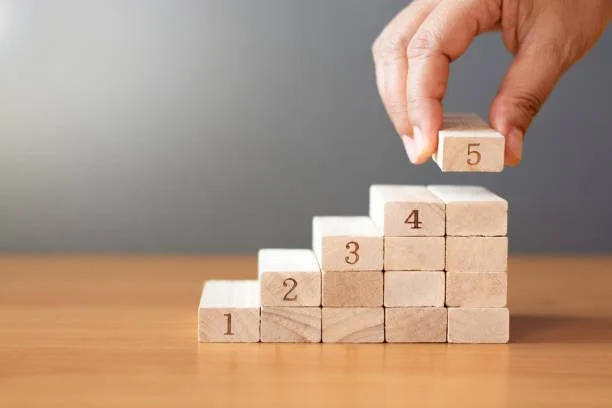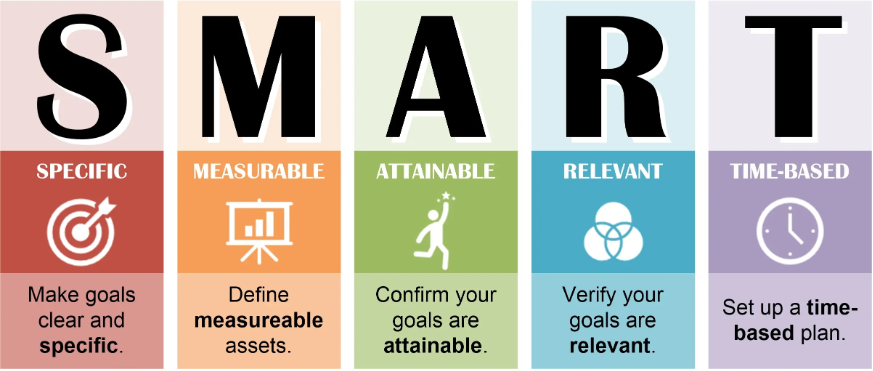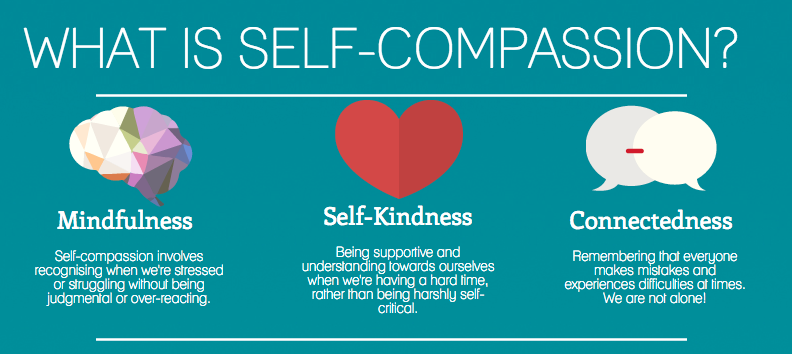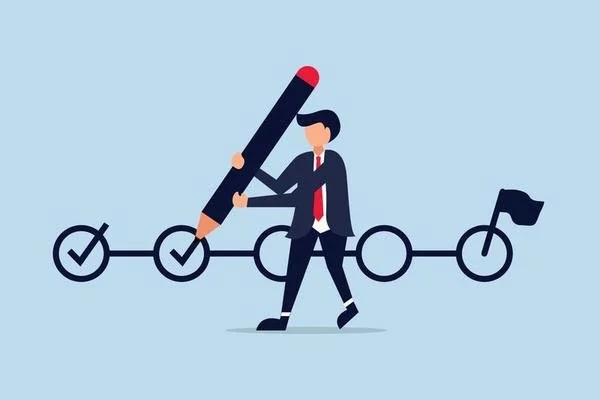Recovery from addiction or trauma is not about one big breakthrough—it’s about steady, consistent steps that help you rebuild trust in yourself. Confidence doesn’t show up overnight. It grows through small daily actions, like choosing not to drink, reaching out for support, practicing healthy coping skills, or showing up to therapy even when you don’t feel like it. Over time, these steps build into a strong foundation of self-efficacy—the belief that you can handle life’s challenges without resorting to old patterns.
The Role of Confidence in Recovery
When you’ve been through trauma or struggled with addiction, self-doubt is often a constant companion. You may question your worth, your ability to stay sober, or whether healing is even possible.
Setbacks—like relapse, emotional triggers, or overwhelming anxiety—can make recovery feel like two steps forward and three steps back. This is normal. Recovery is a process of rewiring your brain, body, and nervous system. Confidence is the glue that keeps you moving forward when the journey feels slow or messy.
Common Setbacks in Addiction and Trauma Recovery
Relapse or lapses in sobriety: Many people feel like one slip means they’ve failed completely.
Shame and self-criticism: Trauma and addiction often leave people with harsh inner critics, which self-sabotages and undermines confidence in recovery.
Isolation: Avoiding others because of fear of judgment or vulnerability can weaken progress.
Emotional triggers: Flashbacks, anxiety, or depressive episodes can make recovery feel impossible.
Unrealistic expectations: Wanting instant transformation can set people up for disappointment.
The key is to meet these setbacks with knowledge, wisdom, and understanding. Return to consistent, small, doable actions that build resilience and self-efficacy over time.
5 Steps to Build Confidence in Recovery
1. Set Small, Achievable Goals
Research shows that small, consistent wins build self-efficacy. Instead of trying to “fix everything” at once, break recovery down into manageable steps. For example:
Attend one support group meeting this week.
Practice five minutes of mindfulness each morning.
Write down three positive affirmations before bed.
Each small goal achieved reinforces the message: I am capable of change.
Use the SMART goal framework – Specific, Measurable, Attainable, Realistic, Timely – when setting your goals.
2. Practice Self-Compassion, Not Perfection
Trauma and addiction often teach us to be brutally self-critical. Yet studies confirm that self-compassion is a critical factor in long-term recovery. When you stumble, treat yourself with the same kindness you’d extend to a close friend. Instead of saying, “I failed again,” try, “This is part of the process, and I can learn from it.” Self-compassion lowers shame, which reduces relapse risk and strengthens confidence.
3. Track Progress and Celebrate Wins
The brain is wired to notice threats more than successes, which can skew your perception of progress. Keep a recovery journal or use a habit-tracking app to record wins—whether it’s a day of sobriety, reaching out for support, or managing a trigger without harmful behaviors. Looking back on these small victories provides undeniable proof of growth, even on hard days.
4. Build Connection and Accountability
Confidence thrives in connection. Research in trauma and addiction recovery highlights the importance of community—whether it’s therapy, peer support groups, or trusted loved ones. Accountability partners help remind you of your strength when you forget. Surrounding yourself with people who believe in your healing reinforces the belief that you can believe in it too.
5. Develop Resilience Through Mind-Body Practices
Trauma and addiction live in the body as much as the mind. Practices like exercise, yoga, EMDR therapy, and breathing techniques help regulate the nervous system. When you learn to calm your body, you also strengthen your ability to handle stress without reverting to old habits. The more you practice regulation, the more confident you become in facing triggers.
Final Thoughts
Confidence in recovery is built brick by brick, not in one giant leap. Every small action—showing up for therapy, choosing self-care over self-destruction, asking for help when you need it—creates momentum. Over time, these choices lead to empowerment, healing, and the ability to reclaim your life from trauma or addiction.
Remember: Setbacks don’t erase progress. They’re opportunities to practice resilience, compassion, and courage. Stay focused on the small steps, and the bigger picture of recovery will follow.
Weston Zink is a Licensed Professional Counselor and Licensed Addictions Counselor in the State of Colorado, and the founder of Breakthrough Recovery of Colorado, where he specializes in helping individuals navigate the complex challenges of trauma, addiction, and recovery. With over a decade of clinical experience in trauma and addictions counseling, Weston brings a grounded, compassionate, and evidence-based approach to healing work, guiding clients toward lasting change and self-discovery.
Weston is an EMDR Certified Therapist, Consultant-in-Training, and member of EMDRIA since 2022 who’s working to heal traumatized people and communities at home and abroad.
Known for his ability to tackle tough topics with honesty and heart, Weston blends professional insight with a down-to-earth style that resonates with those ready to do the deep work. When he’s not in session, you’ll likely find him hiking Colorado’s rugged trails, volunteering with Rampart Search & Rescue, reading and writing about the human experience, or enjoying meaningful time with family and friends.
If you’re ready to transform your life and level up your recovery from trauma, addiction, and/or other mental health issues, or have any questions about how we can best serve to you, contact us at: https://breakthroughrecoveryco.com/schedule-therapy-consultation-appointment.
* DISCLAIMER:
The information and resources contained on this website or affiliated media are for informational purposes only and are not intended to assess, diagnose, or treat any medical and/or mental health disease or condition. The use of this website or affiliated media does not imply nor establish any type of therapist-client relationship. Furthermore, the information obtained from this site or affiliated media should not be considered a substitute for a thorough medical and/or mental health evaluation by an appropriately credentialed and licensed professional.
This website or affiliated media includes links to other media that’s strictly for informational and reference purposes only. This website or affiliated media does not endorse, warrant or guarantee the products, services or information described or offered at any other website cited therein. Please examine the content carefully.
Due to the public nature this website or affiliated media, Breakthrough Recovery of Colorado cannot guarantee the confidentiality of any client who post, like, or shares content posted by Breakthrough Recovery of Colorado or its affiliates. While your support is greatly appreciated, please do so at your own risk.

